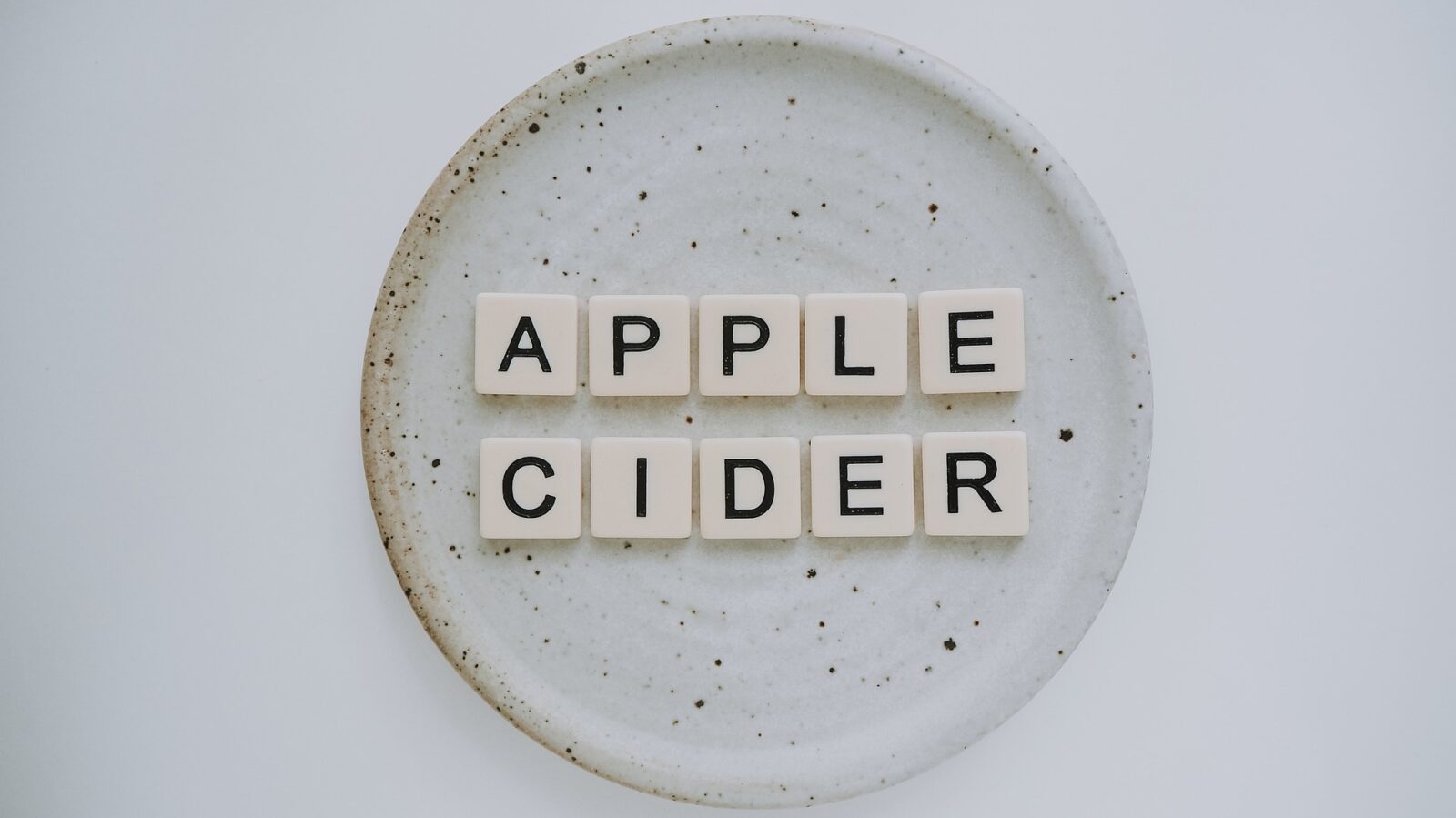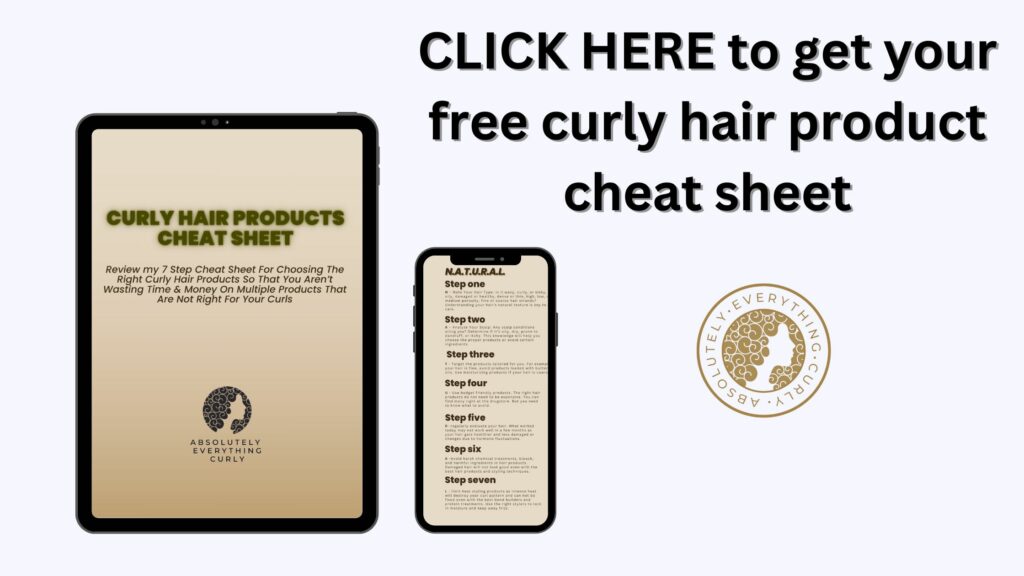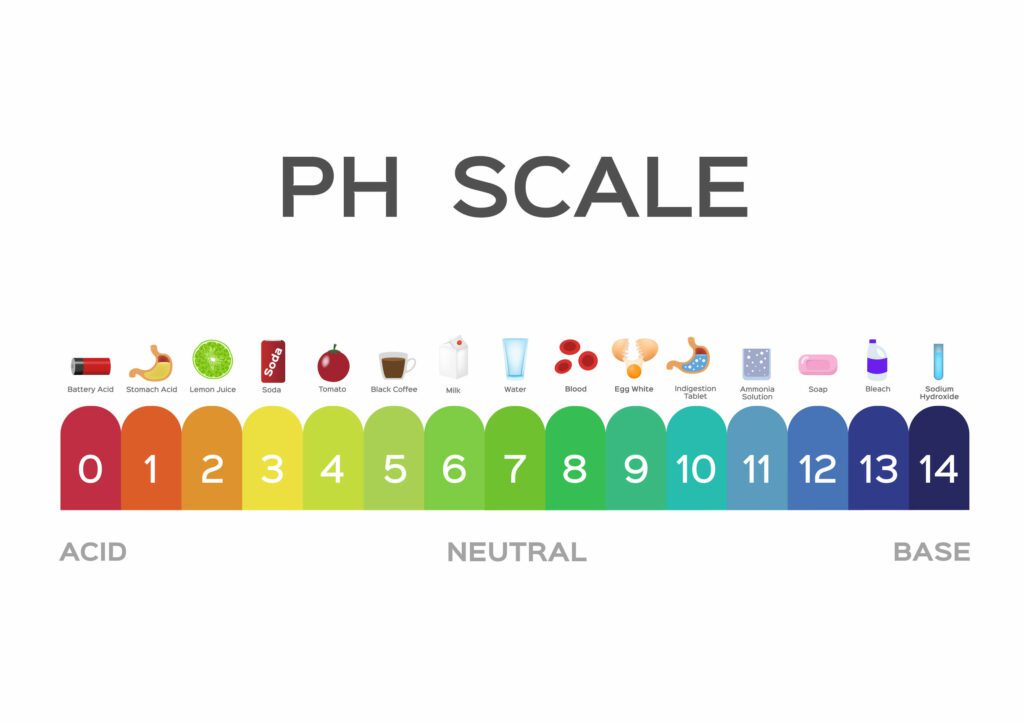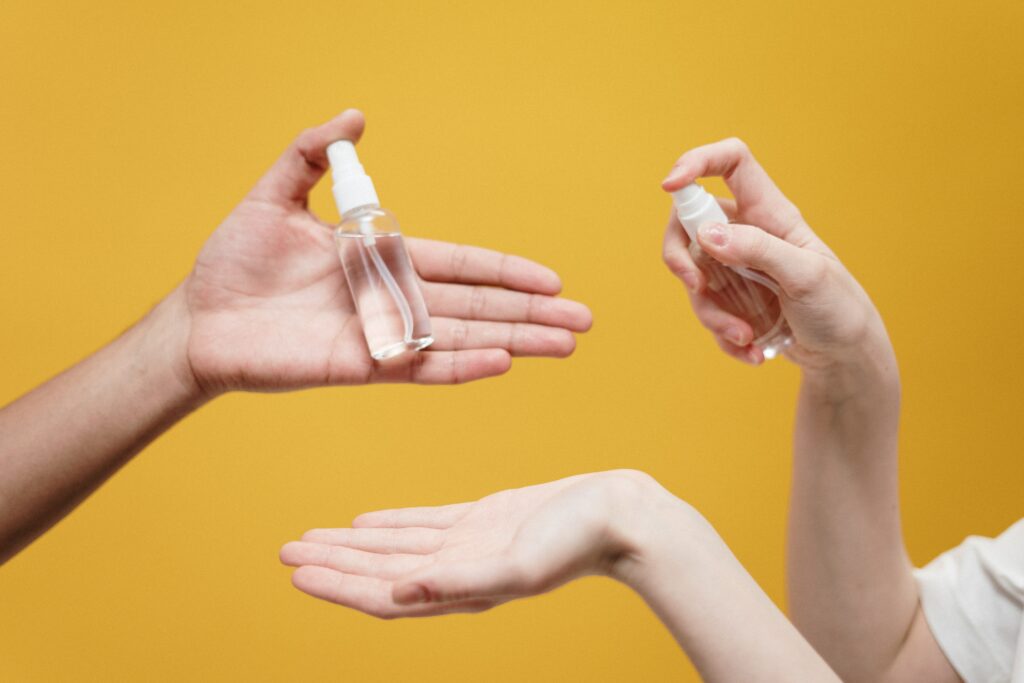
Apple Cider Vinegar (ACV) has many benefits for our body including our hair. While ACV has no measurable vitamins, it does contain minerals such as manganese, calcium, potassium, and iron. ACV has a high acidic acid content and thus a low pH, which provides great cleansing power for your hair.

How Does It Work?
Vinegar contains natural alpha-hydroxy acid. This acid is known to exfoliate the scalp and hair, and by doing so, removes dead skin cells and build-up which can occur from, for example, sweating and/or using conventional hair products.
ACV May Help Fight Dandruff
“We all have yeast living on our skin as part of its natural biome, but in certain people, it causes itching, inflammation, and flaking. ACV acidity makes a less favorable environment for the yeast and therefore may halt its growth, leading to less flaking,” says board-certified dermatologist Morgan Rabach, M.D., and co-founder of LM Medical NYC.
ACV Can Soothe Irritated Scalps
“Apple cider vinegar also has natural anti-inflammatory properties, so it also calms while it prevents yeast overgrowth,” says Dr. Gohara, “which means your scalp won’t be left with as much irritation or itchiness in the long run.”
ACV Rinses Improve The Appearance Of Hair
ACV allows for better styling by not only cleansing the scalp but also breaking up (not stripping) the natural hair oils, which allows the oils to move more freely and coat hair strands more easily. Additionally, the ACV rinse helps tighten the hair cuticles after they were raised by the shampooing process. This is similar to how a conditioner with an acidic pH works. By tightening the hair cuticles, ACV makes your hair shiny, not weighed down, and generally more manageable.
CGM rule of thumb – acid tightens while a base (alkaline) lifts the cuticle.
Now, remember, scalp and hair have their own natural acidic mantle that works to keep your scalp healthy and your hair cuticle smooth. However, this environment can be easily disrupted. The natural acid mantle is slightly acidic with a pH of around 5 – many hair products, treatments, and shampoos are more alkaline. These as well as other factors, such as stress, diet, and sweat, can disrupt the natural acidity. Proactively restoring our hair to its natural pH and maintaining the acid mantle is crucial for strong, healthy hair.

There is a safe zone for acidic levels of scalp/hair, which is pH 3-5. ACV has a pH of 2, which is not in the safe zone. This means that ACV should never be used without diluting it first. Distilled water has a pH of 6-7, so mixing these together will create a rinse that falls within the safe zone.
If you use the ACV rinse a few times a year — The basic formula is 1 ounce of ACV per 7 ounces of water. Add some drops of lavender oil if the smell is too strong.
If you plan to use the rinse more often – aim for a pH of 4 by increasing the amount of distilled water – the formula, in this case, is 1 teaspoon of ACV per 8 ounces of water.
Tip: Using a spritzer bottle makes applying the rinse to your scalp easier.

Apple cider vinegar rinses may not work for everyone. The best way to know if it is beneficial is to try it in your hair care routine.
Some important things to note:
- Never use ACD pure – always dilute it.
- Your homemade rinse should be fresh—every single time.
- If you have really oily hair and lots of buildup, use the rinse after your shampoo for a deep clean. Be careful – regular use can be too harsh so only use this when you need to really clarify the scalp.
- Start the rinse at the scalp and then work it through the hair.
- Be careful with colored hair – the DIY rinse may strip the color.
- If your hair or scalp issues worsen, discontinue or try lowering the amount of AVC in your rinse. You can also adjust the frequency with which you use the rinse.
While a simple ACV rinse is easy to make, you can also purchase ACV-containing hair products. Such products are easily found on curlplanet using the Search By Ingredients function.
Resources We Find Useful:
The Science of how APPLE CIDER VINEGAR (ACV Rinse) works on natural hair by Greenbeauty https://youtu.be/a6vT1oeoenM
The shampoo pH can affect the hair: myth or reality?
Dias, Maria Fernanda Reis Gavazzoni, et al. International journal of trichology 6.3 (2014): 95.
Evaluation of pH of bathing soaps and shampoos for skin and hair care.
Tarun, Jose, et al. Indian journal of dermatology 59.5 (2014): 442.
Nanoscale characterization of human hair and hair conditioners.
Bhushan, Bharat. Progress in Materials Science 53.4 (2008): 585-710.
The effect of pH on the thermal stability of fibrous hard alpha-keratins.
Istrate, Dan, et al, Polymer degradation and stability 98.2 (2013): 542-549.
Chapter 27- Hair Cosmeceuticals
Surfactants, Anionic. “Hair Cosmeceuticals.” Alopecia (2018): 285.
A universal structural model for human hair to understand the physical properties
Nagase, Shinobu, et al. Bulletin of the Chemical Society of Japan 73.9 (2000): 2161-2167.
- https://www.mindbodygreen.com/articles/why-you-should-rinse-your-hair-with-this-diy-apple-cider-vinegar-recipe
- https://coconutsandkettlebells.com/apple-cider-vinegar-hair-rinse/
- https://www.chagrinvalleysoapandsalve.com/blog/posts/make-your-own-apple-cider-vinegar-rinse/
- https://www.cosmopolitan.com/style-beauty/beauty/a30786071/apple-cider-vinegar-for-hair/
- https://www.ipsy.com/blog/apple-cider-vinegar-hair-rinse






